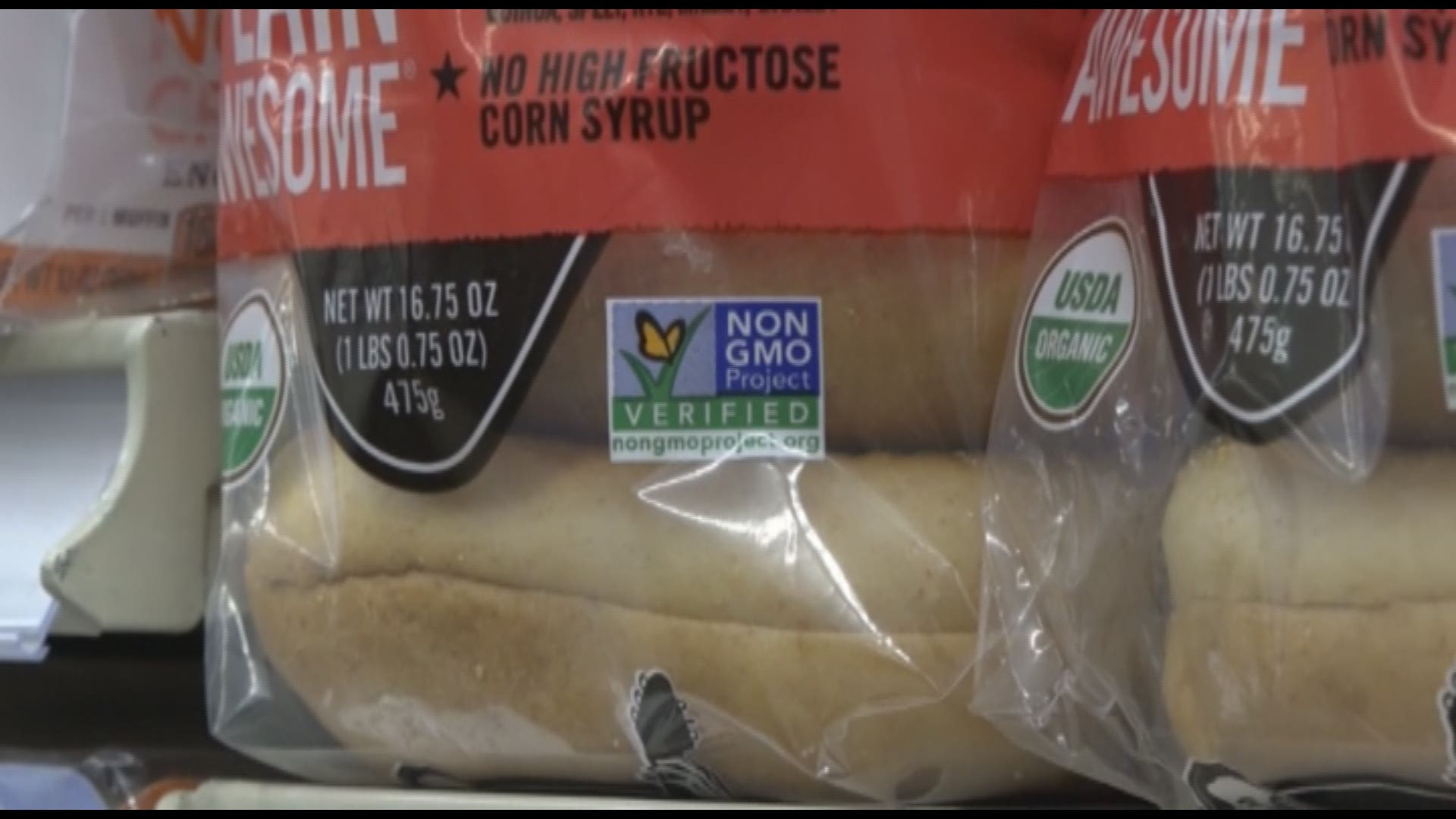CORPUS CHRISTI, Texas — There are so many options when it comes to picking up food from the grocery store -- organic, vegan, gluten-free. It can be difficult to determine what is actually in our food.
GMO stands for "genetically modified organism." That means a plant that has been bred or manipulated in some way to improve production or resist disease. However, there is concern that these types of products could cause problems such as allergies, illness and even birth defects.
GMOs get a lot of bad press, but studies over the past 20 years show that not only is genetic engineering of crops safe, but it has led to increased production.
Jon Gwynn, a local farmer and president of the South Texas Cotton & Grain Association, said the challenging conditions in South Texas make working with GMOs a necessity.
"We live in a very semi-arid area. When it turns out dry, there are some crops that are better able to weather the drought," Gwynn said.
GMO crops are also able to breed out certain harmful compounds. For example, GMO corn has considerably lower percentages of disease-causing micro-toxins than non-GMO corn.
"From late 1800s and 1900s, you go through those cemeteries and they're full, full of kids lower than three years old, and it's because of food-borne illness," Gwynn said.
With farmland being increasingly taken over by urban sprawl, being able to farm on smaller plots is key.
"As the world population continues to climb, how will we meet the demands of the people out there," Gwynn said.
More from 3News on KIIITV.com:

